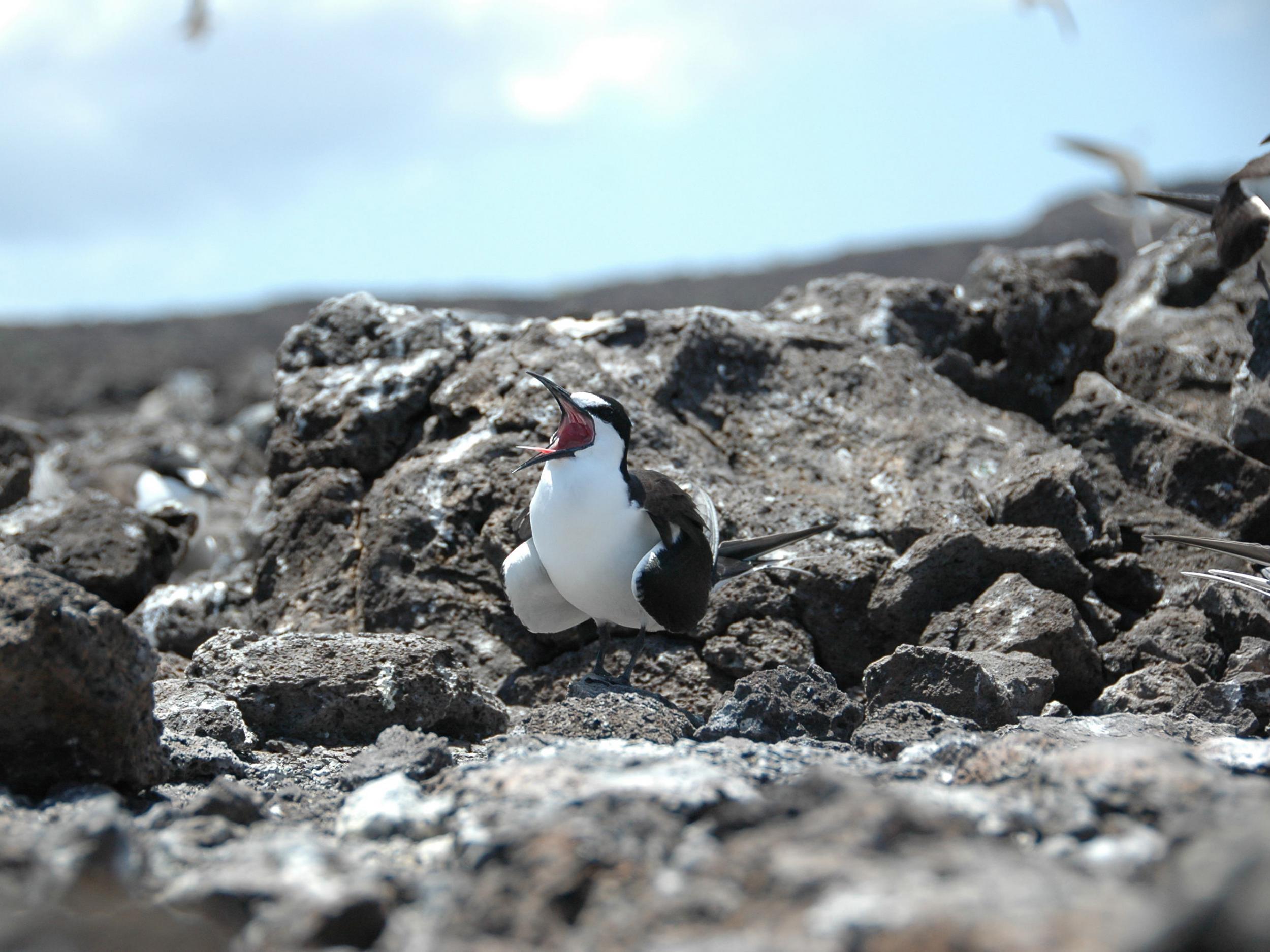Seabirds on British island decline by 80% after overfishing and climate change cut off food source
Poor nutrition blamed for massive decline in sooty terns on overseas territory of Ascension

Your support helps us to tell the story
From reproductive rights to climate change to Big Tech, The Independent is on the ground when the story is developing. Whether it's investigating the financials of Elon Musk's pro-Trump PAC or producing our latest documentary, 'The A Word', which shines a light on the American women fighting for reproductive rights, we know how important it is to parse out the facts from the messaging.
At such a critical moment in US history, we need reporters on the ground. Your donation allows us to keep sending journalists to speak to both sides of the story.
The Independent is trusted by Americans across the entire political spectrum. And unlike many other quality news outlets, we choose not to lock Americans out of our reporting and analysis with paywalls. We believe quality journalism should be available to everyone, paid for by those who can afford it.
Your support makes all the difference.A population crash in a massive seabird colony on Ascension Island has been attributed to a poor diet after their normal food sources dried up.
Numbers of sooty terns living in the UK overseas territory have plummeted by over 80 per cent in recent decades, from several million to just a few hundred thousand.
New research suggests the bird’s downfall is the result of poor quality food, after industrial fishing and climate change combined to rob them of their usual diet.
Instead they have had to turn to relatively low-nutrient food such as squid, snails and locusts.
Scientists arrived at this conclusion after efforts by the RSPB to eradicate feral cats from the island failed to bolster tern populations.
While other seabirds thrived once the feline threat was removed from their nesting grounds, tern populations continued to stagnate.
A clue came when the scientists noticed the contents of the bird’s regurgitated food did not consist of as much fish as they would have expected.
To solve the mystery, the scientists obtained old museum specimens of sooty terns dating back to 1890, and analysed the chemical composition of their feathers to gain an insight into their diets.
They were able to chart a shift from eating mainly fish to lower-quality food, which coincided with their population decline.
Dr Jim Reynolds, a University of Birmingham scientist who led the investigation, said there could have been several factors contributing to this shift.
“Part of the answer will lie in the rapid growth of industrial fishing for species like tuna over past decades – but ecosystems are complex, and other forms of global change, such as the warming of the oceans may also play a significant part in this story,” he said.
“As oceans warm, the movements of top predators and the fish on which they forage are changing, possibly making it more difficult for the terns to follow them in search of food.”
As fishing vessels target large fish, the researchers suspect they have made it harder for the terms to locate their prey. This is because the seabirds tend to follow these fish across the ocean until they arrive at a food source.
British territories in the Atlantic including Ascension, St Helena and the Falkland Islands are considered biodiversity hotspots, but their unique ecosystems face a variety of threats including alien species and plastic waste.
The team behind the new study, published in the journal Global Change Biology, said they hoped the introduction of fishing restrictions around Acension will help alleviate pressures on the island.
Join our commenting forum
Join thought-provoking conversations, follow other Independent readers and see their replies
Comments